
Yasemin Saplakoglu
Yasemin is a staff writer at Live Science, covering health, neuroscience and biology. Her work has appeared in Scientific American, Science and the San Jose Mercury News. She has a bachelor's degree in biomedical engineering from the University of Connecticut and a graduate certificate in science communication from the University of California, Santa Cruz.
Latest articles by Yasemin Saplakoglu

Cats are too socially inept to be loyal
By Yasemin Saplakoglu published
A new study finds that cats, unlike dogs, will gladly accept food from people who are not nice to their owners.

Giant crack frees a massive iceberg in Antarctica
By Yasemin Saplakoglu published
This dramatic breakup comes after a major crack formed on the shelf in November 2020 and continued to grow.
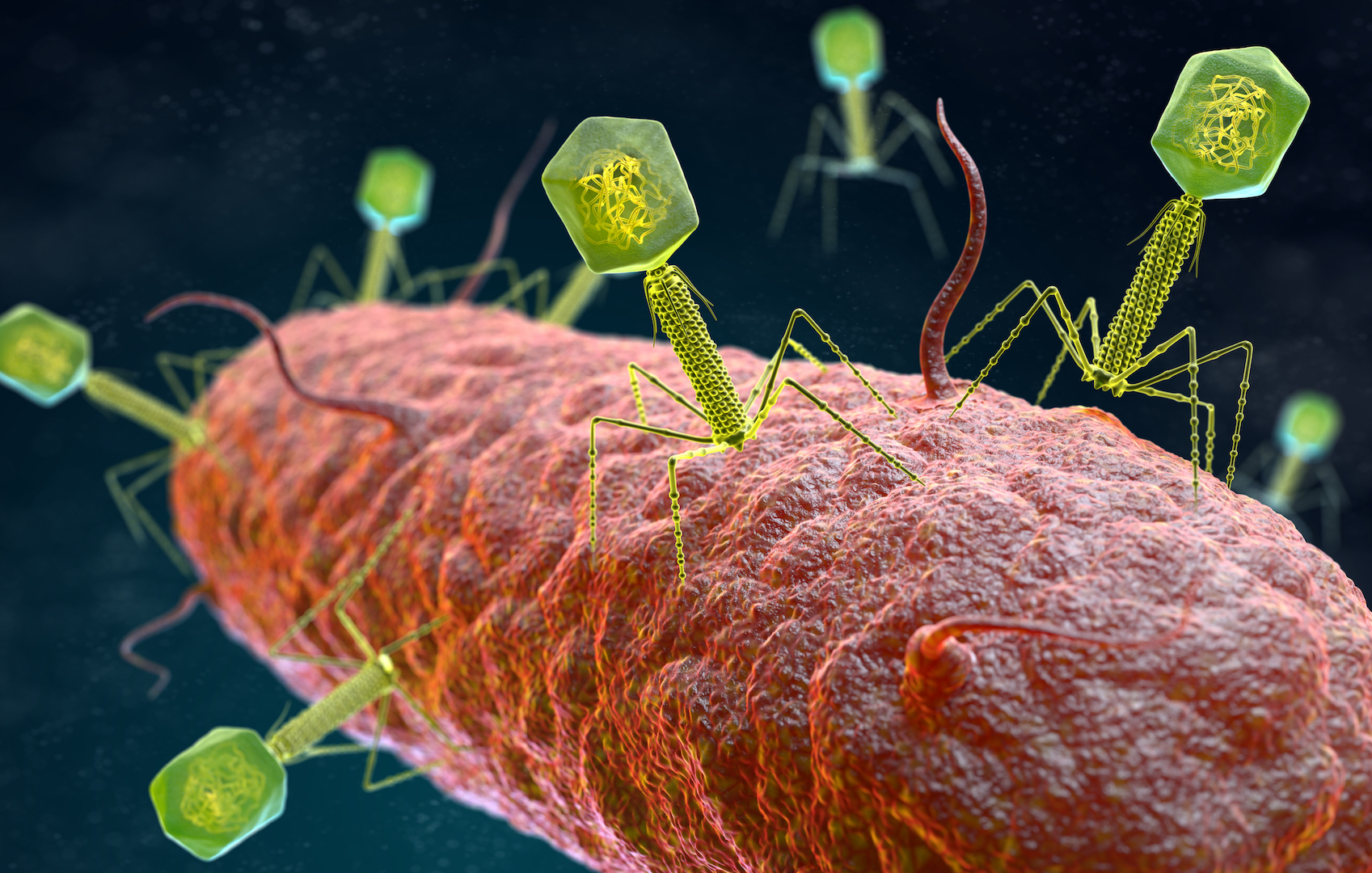
70,000 never-before-seen viruses found in the human gut
By Yasemin Saplakoglu published
Hundreds of thousands of viruses can lurk in our guts — but how they impact our bodies is a mystery.

Ancient Egypt's Mona Lisa? An elaborately drawn extinct goose, of course
By Yasemin Saplakoglu published
Nearly five millennia ago, an artist inked an incredibly detailed painting of geese in the tomb of an Egyptian vizier and his wife.

Lengthy clinical trials to test vaccines modified for variants won't be necessary, FDA says
By Yasemin Saplakoglu published
The testing process for modified vaccines will likely be similar to that of the annual flu shot, FDA says.

Hidden 'madman' message on 'The Scream' traced back to Munch himself
By Yasemin Saplakoglu published
Experts have long debated the identity of the inscriber, with some suggesting a dissatisfied vandalizer is the author, while others pointed fingers at the Norwegian painter himself.
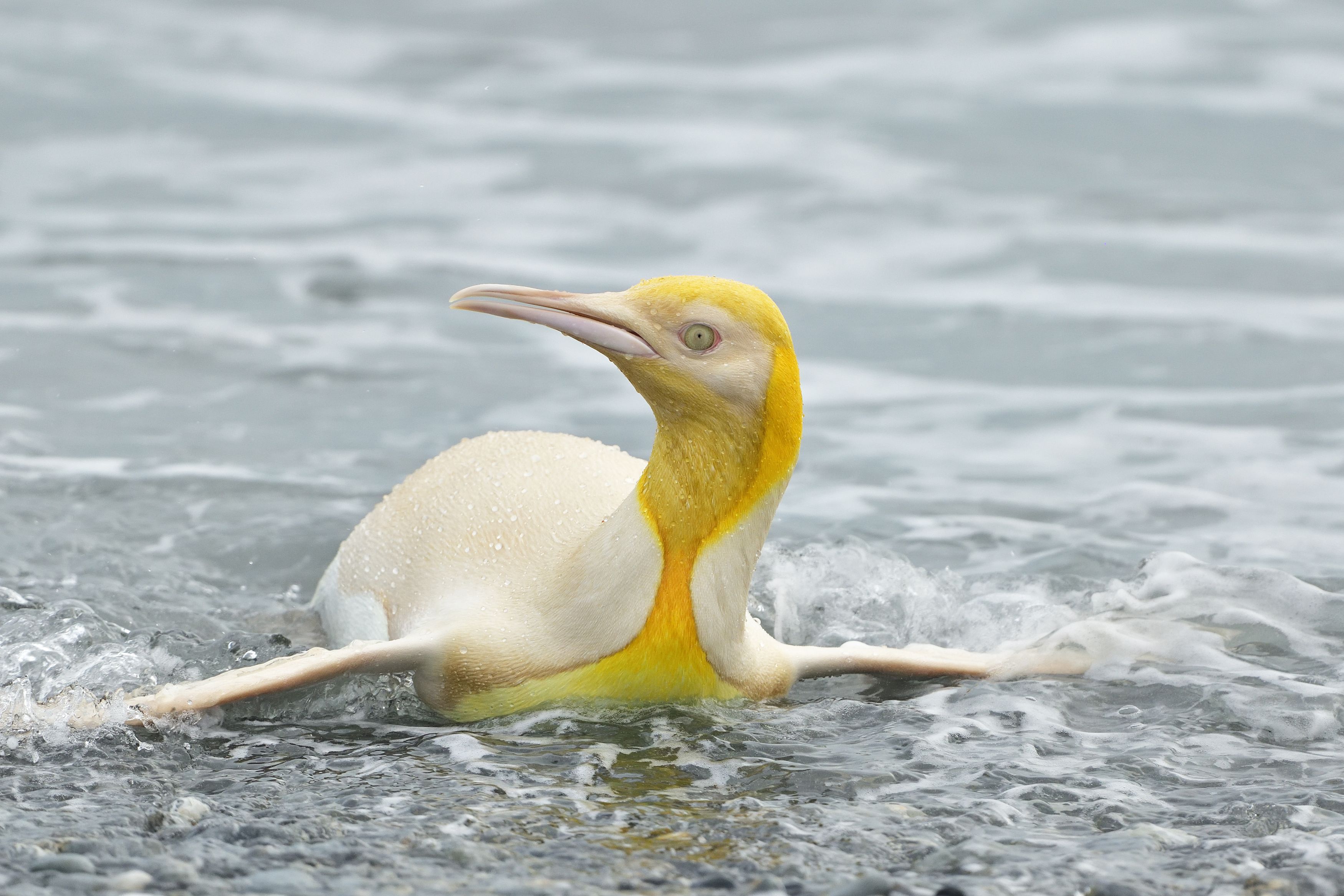
There's a rare yellow penguin on South Georgia island, and biologists can't quite explain it
By Yasemin Saplakoglu published
Black-and-white tuxedos may be the conventional dress code in the penguin world, but one dashing individual is breaking the status quo with an à la mode yellow coat.

Entire Brazilian city will be vaccinated against COVID-19 in giant experiment
By Yasemin Saplakoglu published
Scientists will vaccinate all the adults in a single city to see whether a COVID-19 vaccine will reduce cases.

LSD alters consciousness by breaking down barriers in the brain
By Yasemin Saplakoglu published
Brain scans reveal that LSD may free the brain from its own natural barriers.

Incredibly detailed video shows DNA twisting into weird shapes to squeeze into cells
By Yasemin Saplakoglu published
Scientists recently captured a high-resolution video of DNA shimmying into weird shapes in order to squeeze inside cells.

Prior infection with common cold viruses won't protect against COVID-19
By Yasemin Saplakoglu published
For months, scientists have wondered whether past exposure to seasonal coronaviruses that cause common colds might prevent people from getting a severe case COVID-19.
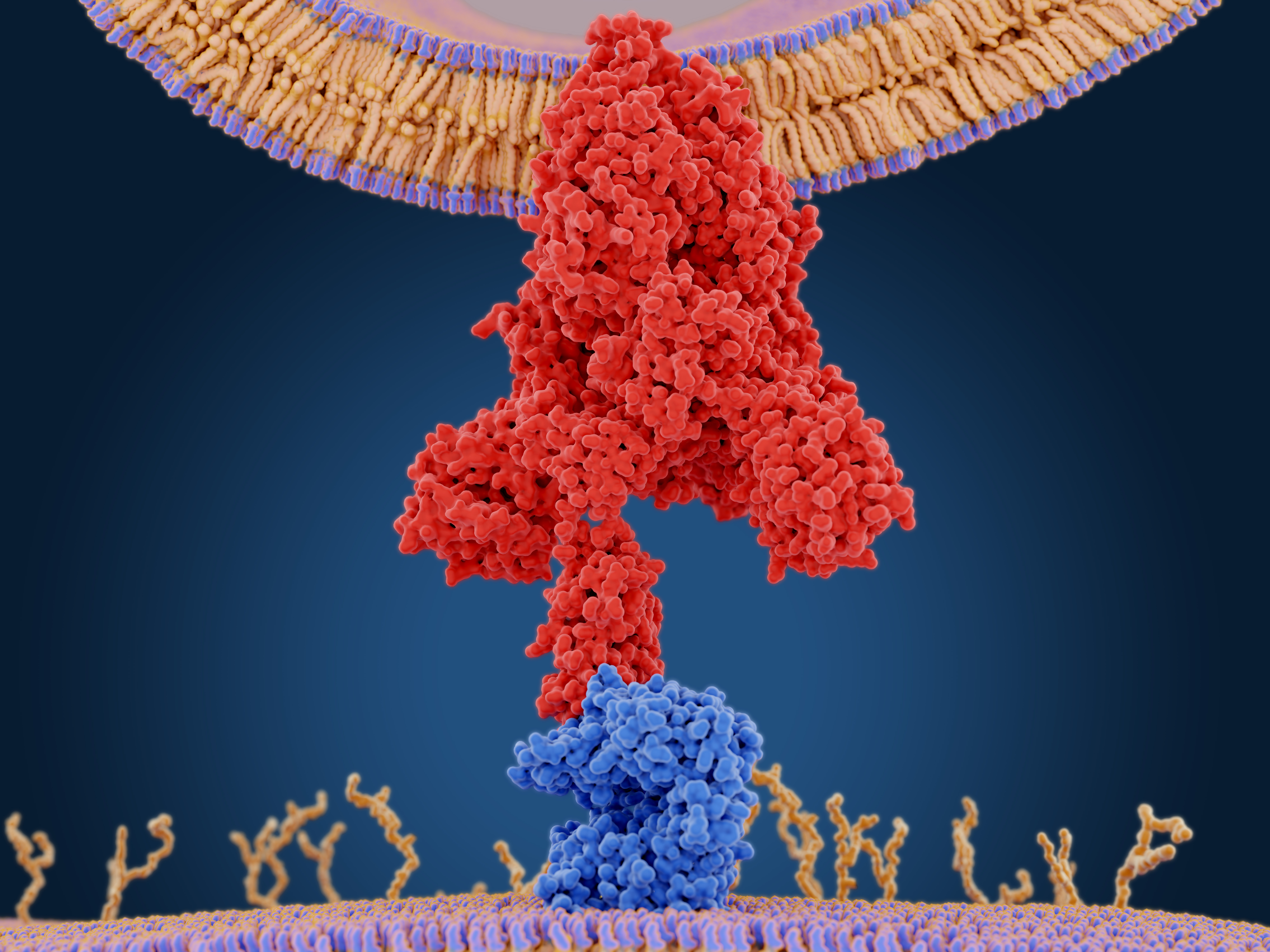
Is there a limit to how much the coronavirus can mutate?
By Yasemin Saplakoglu published
The number of possible genetic mutations is greater than all the atoms in the visible universe,

Europe's oldest person survives COVID-19
By Yasemin Saplakoglu published
Sister André has recovered from COVID-19 in time for her 117th birthday this week.

Fast-spreading coronavirus variant is doubling every 10 days in the US
By Yasemin Saplakoglu published
The variant is rapidly spreading in the U.S. as it has in the U.K. and elsewhere around the world.

Venus flytraps produce magnetic fields when they eat
By Yasemin Saplakoglu published
These carnivorous plants generate tiny magnetic signals when they clamp down on insects.

Is it OK to mix and match COVID-19 vaccines? Oxford researchers begin trial.
By Yasemin Saplakoglu published
Amid a shortage of vaccine supplies and the threat of emerging coronavirus variants, such an approach might provide an answer for both.

Greek gods and ancient mortals 'resurrected' in terracotta figurines discovered in Turkey
By Yasemin Saplakoglu published
The terracotta figurines opened up a window into life of ancient Myra.

AstraZeneca COVID-19 vaccine may cut spread of virus
By Yasemin Saplakoglu published
This is the first time that a coronavirus vaccine has shown it may reduce the spread of the virus.

Johnson and Johnson's vaccine is 66% effective against moderate to severe COVID-19
By Yasemin Saplakoglu published
The vaccine's efficacy was highest in the U.S. and the lowest in South Africa, where a new variant is infecting people.
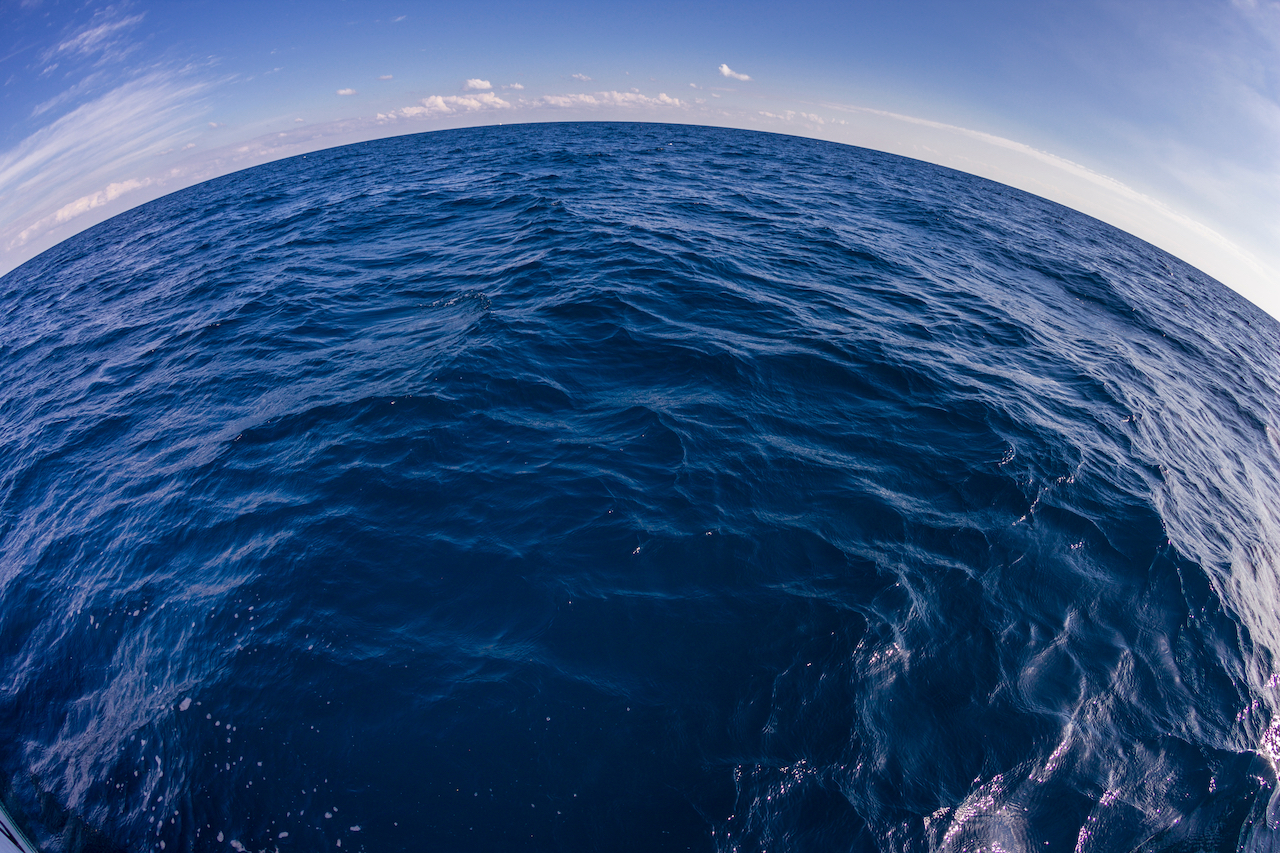
The Atlantic Ocean is widening. Here’s why.
By Yasemin Saplakoglu published
Sizzling-hot rocks are rising up and pushing on the plates on either side of the Atlantic.

Schizophrenia is 2nd highest risk factor for dying of COVID-19, after age
By Yasemin Saplakoglu published
People who have schizophrenia may be two to three times more likely to die from COVID-19, study suggests.

Ritual monument discovered in Scotland dates to the time of Stonehenge
By Yasemin Saplakoglu published
A massive "cursus" monument, a site for ancient rituals has been discovered on the Scottish Isle of Arran.
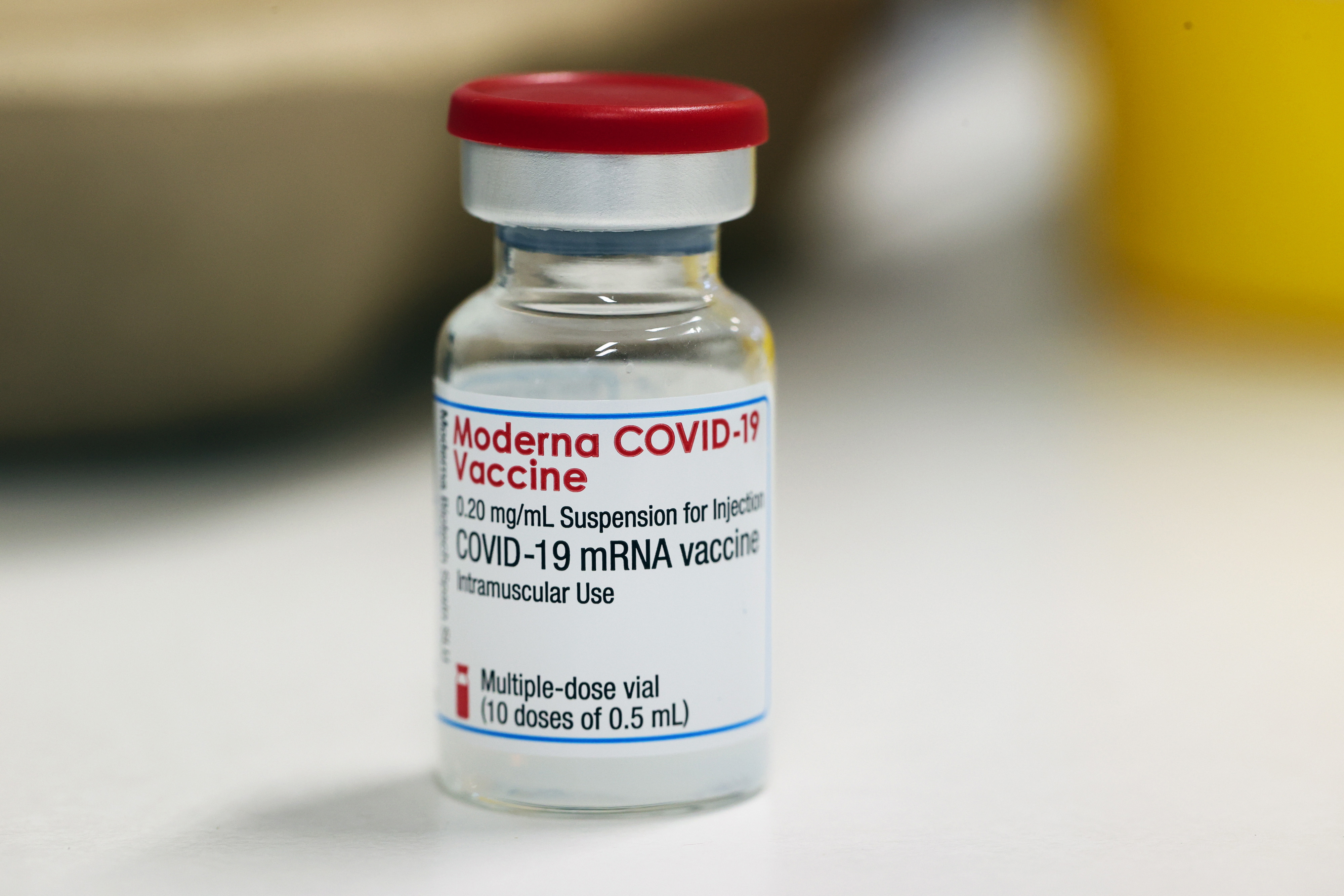
Allergic reactions to Moderna's COVID-19 vaccine are extremely rare, report finds
By Yasemin Saplakoglu published
There's about a 2.5 per 1 million chance of developing a severe allergic reaction to Moderna's coronavirus vaccine.
Sign up for the Live Science daily newsletter now
Get the world’s most fascinating discoveries delivered straight to your inbox.


